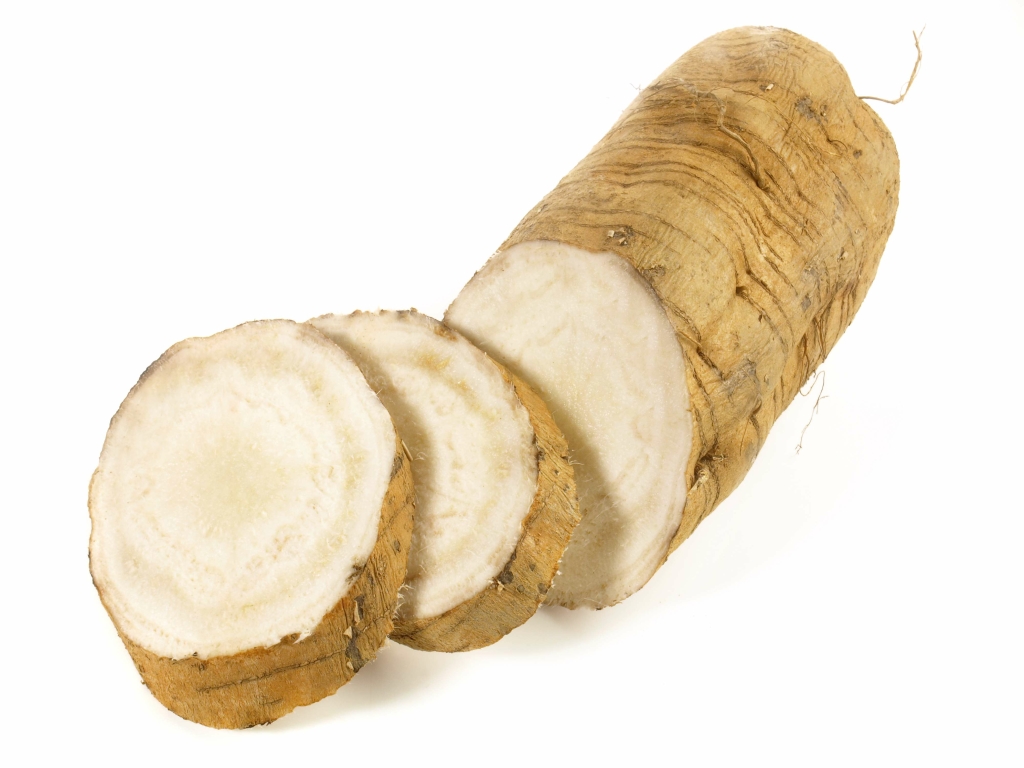Don’t just give up and drink a fifth because you had your 6 drinks before noon when you meant to have 6 drinks over the whole day. If you must get drunk during your taper, do yourself a favor and just get buzzed, not completely trashed. If you’re lucky enough to have a supportive friend, a roommate, or a family member that lives with you who Sober House can assist, that is ideal. Tell them what you’re planning on doing, give them a copy of your planned taper schedule, and have them hold all the alcohol to portion out and give to you as needed. Ideally, pick someone who doesn’t also have a problem with alcohol. The idea is to religiously take this like medicine for the next week or two.
Setting Goals and Creating a Plan
One of the primary advantages of tapering off alcohol is the ability to minimize withdrawal symptoms. At Orlando Recovery Center Drug and Alcohol Rehab, we offer many alcohol https://thesandiegodigest.com/top-5-advantages-of-staying-in-a-sober-living-house/ addiction treatment options led by train medical professionals. Our levels of care include medical detox, inpatient rehabilitation and intensive outpatient programs (IOPs).
Understanding the Impact of Alcohol Addiction
- The gradual reduction method, also known as tapering off alcohol, involves gradually reducing the amount of alcohol consumed over a period of time.
- Most doctors would rather save the beds in their psych wards for people who are actually suicidal and send you home.
- Letting others know about your choice to stop drinking may help motivate you to stick with your decision.
It’s important to find a support group that aligns with your needs and values. Some groups focus on a spiritual approach, while others emphasize cognitive-behavioral techniques. Research different support groups in your area or consider online options to find the one that resonates with you.
- This can equate to as much as a full bottle of beer or less than two tablespoons of whisky.
- The tapering down process can take place for the first several weeks or even months of the alcohol recovery timeline.
- I once went from averaging 25 a day to 10 the first day and five the second day.
- Understanding these symptoms and finding effective ways to cope with them is essential for a successful journey towards sobriety.
- A Psychology Today article reports a 29% jump in deaths related to excessive alcohol use in a recent four-year span.
- Common triggers for alcohol consumption may include social gatherings, stress, anxiety, loneliness, or certain locations.
Reach out for support
Seeking help as early as possible during the withdrawal process is the best way to stay safe as you cleanse your body of alcohol. To avoid severe alcohol withdrawal symptoms, you should slowly reduce alcohol consumption. Cautious tapering may take longer than medically supervised detox, but it will help you avoid major health problems. It can be tempting to just “rip off the Band-Aid” when getting sober, but tapering off alcohol is often much safer—and much less stressful.
- Insomnia, anxiety and paranoia — the opposite effects of alcohol — are the expected results.
- The idea is to religiously take this like medicine for the next week or two.
- It should not be used in place of the advice of your physician or other qualified healthcare providers.
- What’s most important is looking at your drinking habits and finding a way to cut back that works for you.
Tapering Off Alcohol
Professionals, such as doctors, therapists, counselors, or addiction specialists, can provide valuable guidance and expertise tailored to your specific needs. They can help you develop a personalized treatment plan, address any underlying issues contributing to your alcohol use, and provide ongoing support. This condition most often occurs when someone who has long-term alcohol dependence stops drinking cold turkey.

Challenges of Cutting Down Your Alcohol Intake
- Adjusting the tapering schedule to the individual’s needs is also crucial.
- However, here is a sample timeline of what the average person can expect.
- Weaning off alcohol can benefit people who drink moderately or have support systems.
Before you start your detox, ensure you have enough alcohol on hand to last you a few days. Always keep some extra alcohol available in the event you experience severe withdrawal symptoms. The last thing you want is to run out of booze at three in the morning thinking you’re about to have a seizure. If you regularly drink a handle of liquor (around 40 standard drinks) or more per day, please seek professional help.
